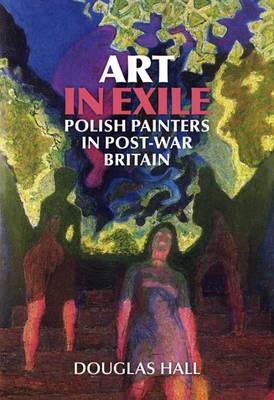This book is about a body of painters who have generally been marginalised by British art historians - the Polish exiles from war and persecution who made their homes and careers in Britain before or after 1939. It takes ten of them, explores their origins, their often hazardous escape from occupied Europe, their reception and the development of their work. Some who were personally known to the author, such as Herman and Ruszkowski, are, along with Gotlib and others, the subject of searching enquiry; a further group, perhaps better known, like Adler and Potworowski, are also covered. The book has chapters on the Polish context from which they came, on the problems East European art has encountered in the West, and on the Polish artistic community in Britain as a whole. The author Douglas Hall, who was the first Keeper of the Scottish National Gallery of Modern Art and still lives in Scotland, is known for his sympathy with the underdog and his interest in unfashionable or belittled values and modes of expression in modern art. The appearance of this book is timely. Since the author first began to study the subject the perception of Poland in Britain has changed utterly.
Further integration of Poland into the European community should lead to further exchanges of art between the two countries. If it does not, it may not be for economic reasons alone, but may be further evidence of the reluctance of Western art authorities to take East European art, as a whole, seriously. The book suggests a beginning in better understanding by starting with those Poles who became British, and whose work for the most part is still here, a part of British art that is for ever Polish.
- ISBN10 1904537669
- ISBN13 9781904537663
- Publish Date 1 February 2008
- Publish Status Active
- Publish Country GB
- Imprint Redcliffe Press Ltd
- Format Paperback
- Pages 400
- Language English
